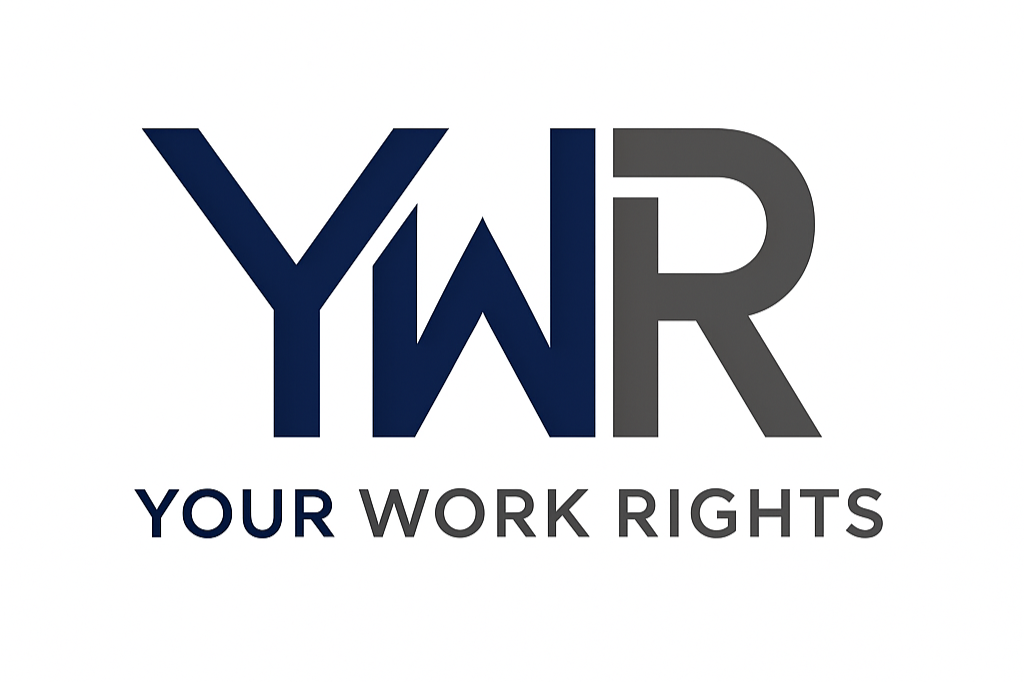The Difference Between Informal and Formal Resolution
When you raise a problem at work, your employer might suggest dealing with it "informally." While this can sometimes be a quick and simple way to resolve minor issues, it is often a strategic move by employers to avoid a formal, documented process.
Understanding the difference between informal and formal resolution is crucial to protecting your rights.
Informal vs. Formal: The Key Differences
This table shows the fundamental differences between the two paths.
The Traps of Informal Resolution
An employer may encourage an informal route to manage their own risk, not to help you. Be aware of these common pitfalls.
Trap 1: Presenting it as the Only Option
Your employer might suggest that an informal chat is the only way to deal with the issue, or that "we don't need to make it formal at this stage."
The Reality: You always have the right to raise a formal grievance. An informal process is voluntary. If the issue is serious, a formal grievance is almost always the correct first step to protect your position.
Trap 2: Disguising it as a Formal Process
This is a more serious issue. An employer might hold a meeting, take some notes, and give you a verbal outcome, leading you to believe you've been through a formal process.
The Reality: A process is only formal if it follows the steps laid out in your organisation's official Grievance Policy. If it does not include a formal investigation, a written outcome, and the right to appeal, it is not a formal resolution.
Trap 3: Using it to Run Down the Clock
Engaging in a lengthy, undocumented informal process can be a tactic to delay you from taking formal action. This is dangerous because strict time limits (usually three months minus one day) apply if you later need to make a claim to an Employment Tribunal.
The Reality: You can, and often should, submit a formal grievance in writing even while informal discussions are happening. This protects your legal timelines.
Strategic Advice
Before you agree to any informal process, protect yourself by asking these questions in an email:
"To ensure my understanding is correct, under which specific company policy will this informal meeting operate?"
"Please can you confirm that this process will be formally documented and that I will receive a written summary of the outcome?"
"Can you also confirm that if I am unsatisfied with the informal outcome, I retain my full right to raise a formal grievance?"
The answers to these questions will reveal how genuine the offer of an informal resolution really is.
Take Action: [The Grievance Survival Toolkit]
Get the Template: [Our Formal Grievance Letter Template]
| Feature | Informal Resolution | Formal Resolution |
|---|---|---|
| Process | An "off-the-record" chat, mediation, or verbal agreement. | A structured investigation following the official Grievance Policy. |
| Documentation | Often has no official minutes or written record. | Creates a formal paper trail (letters, meeting notes, outcome). |
| Outcome | Usually a verbal assurance or a non-binding agreement. | A formal, written outcome that confirms the decision. |
| Right to Appeal | No. There is no legal right to appeal an informal outcome. | Yes. You have the right to appeal an unsatisfactory formal outcome. |
| Legal Standing | Weak. It's difficult to rely on in a future legal claim. | Strong. Forms a key part of the evidence for a tribunal claim. |
